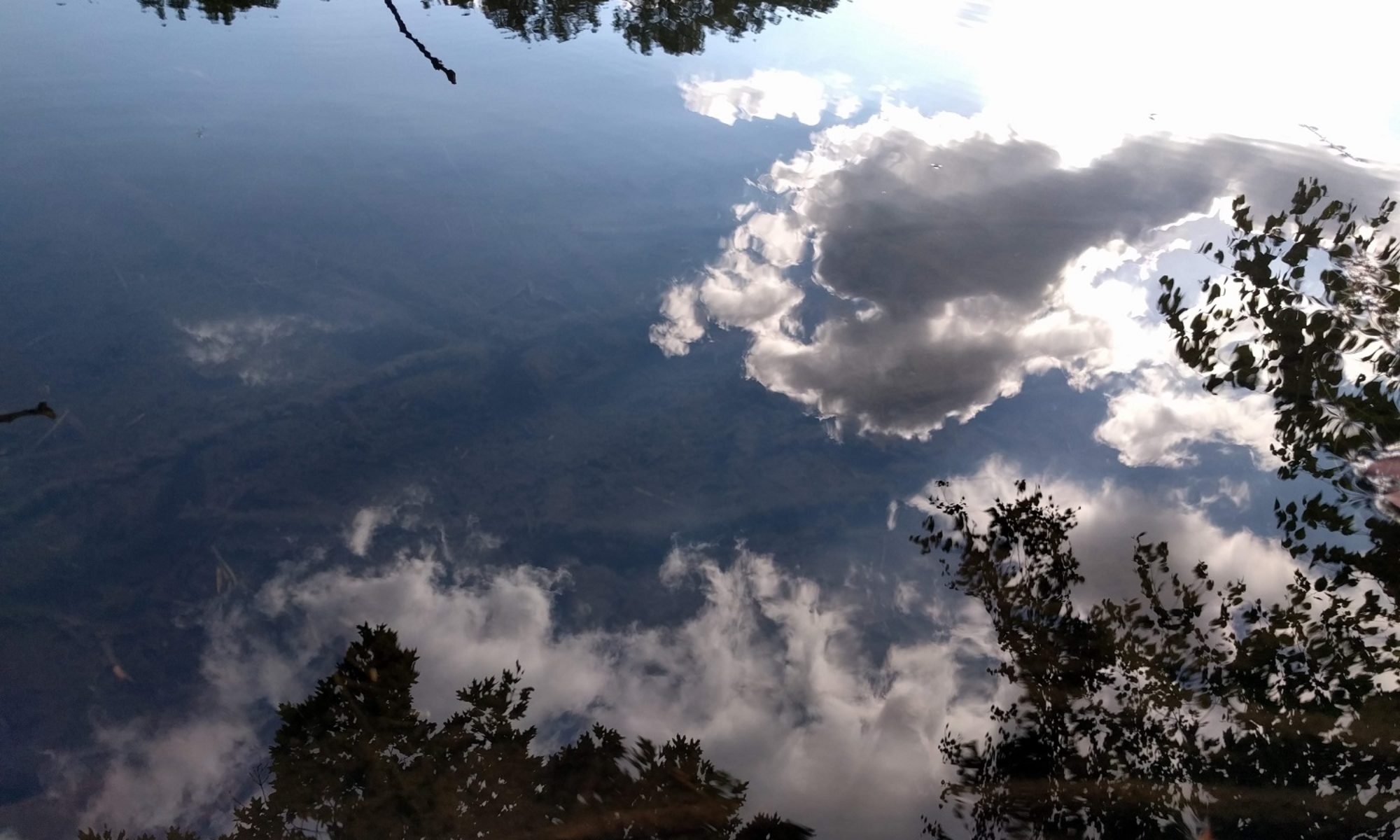I am winding up on the book now. I have about 1 hour left. I spent a little time talking about this in a video I have yet to edit. I am sure I will not sound that articulate in regards to many of the subjects covered in the book. But, I still have an opinion. Imagine that.
I have seen a lot of booms and busts in the market since I first started paying attention to it in 1993. My first exposure to it was in creating a fake portfolio within America Online. I had a bit of disposable income at the time and no one was expounding upon the wonders of home ownership yet. To this day, I still do not own a home and I dream of making the right choice with the markets. I don’t see it as a fault. I took time away, between 2001 and 2013 but now I am back in and I love it. I truly think that the less people learn about the markets as a whole and the more time they put into “increasing” the value of a real estate purchase is proportionate to how fucking stupid they are. I cannot say this more strongly. As a matter of fact, if I were a budding home purchaser, I would be suspicious as hell of whatever the motives would be for anyone to speak highly of home ownership. If you ain’t gonna pop a couple out and you ain’t going to sock them into a learning institution within walking distance of the property then you are a moron.
What gives me this new found confidence? My own decisions and one of the people highlighted in the book, Michael Burry, the guy that was played by Christian Bale in the movie. Actually, each of the foresight leaders in the book were as pretty darn close to anti-establishment as you can get, each in their own ways. But, Burry struck a chord. He was actually a doctor in residence when he chose to get into investing professionally. He had $40k in cash and a $100k in medical school debt. The movie picks up at the point where he had already succeeded and created an office or his company, Scion capital. His methods for success were not unlike some of what Buffet was famous for, value investing. But, what made him very controversial was his moves with the bond market which is what The Big Short is about.
I actually have no interest in the bond market. I think it is necessary for the most part, especially things like municipal or federal bonds. The Big Short is all about mortgage debt bonds. At first listen, the idea of buying debt makes no sense and that initial shock should stay with you. It should make you suspicious about the market permanently and it should make you raise the same fundamental questions regularly, or, you will be like the herd and drive the bus off the cliff. What could really blow your mind, is what would have happened if some of these guys did not simultaneously light a fire under the bond market in the way they did? Also, what has really been reformed? In my opinion, nothing has been reformed and the same mistakes are there waiting to happen again. That is hinted at in the book often but there are no directives, as there really shouldn’t be. I have to return to the track now because the reason that I think that the stock market is actually more important and its implications for the bond market is an item for another post. Chances are though, I would not discuss how the stock market will affect the bond market at all, I am not really interested in it.
I think I will rewatch the movie to get a better sense of the whole endeavor. I bought it about a year ago and I think I have watched it twice in total so far. Both the book and the movie go into the dynamics of the bond types and the repackaging of them as well as how they were all rated. In my little video, I mention the ratings agencies and how they are the ones that the taxpayer should be pissed at. In regards to the whole drop, I don’t really know how much was covered by the taxpayer(reference needed). But, what I do know is that if there were ever a time where the poor could have banded together to collectively fail and either accelerate or decelerate the collapse it was then. No one has ever heard of that ever taking place but the percentages were fixed. If you could have gotten a couple hundred thousand people to default on their loans at exactly the same time, they could have had the power of the banks themselves. The banks would have been forced to allow them to have free rent out of fear of the market collapse. Interesting thought. I wouldn’t want to be the guy to get them all to collectively act though. But they had the power of 100s of billions of dollars. To the average dork, asking them to default would have produced a reaction like, “well, i am going to default in 6 months anyway, might as well do it now”.

